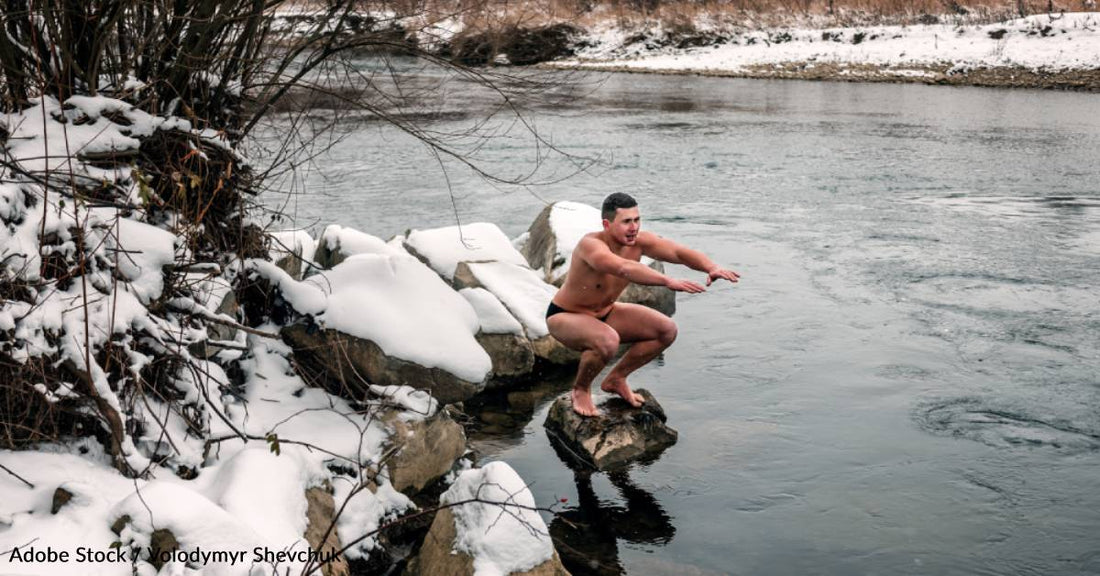Ice Cold Swims May Reduce Diabetes Risk, Study Finds
Michelle Milliken
In the winter months, there are often events where large groups of people jump into ice cold water. To some, it may seem a little crazy, but a new study indicates such behavior could also lower the risk of diabetes.
In a scientific review recently published in the International Journal of Circumpolar Health, researchers from UiT The Arctic University of Norway and the University Hospital of North Norway delved into the findings of 104 prior studies on the impacts of ice cold swims. They focused on studies with water temperatures below 68 degrees Fahrenheit, in which swimmers were not wearing wet suits.
Among the possible benefits they discovered was that exposure to cold water appeared to increase the production of adiponectin by brown adipose tissue, a type of "good" body fat activated by the cold that burns calories to maintain body temperature. Adiponectin, meanwhile, is a protein that helps protect against insulin resistance and diabetes.
Further, the review showed that repeated cold water swims in the winter increased insulin sensitivity and decreased insulin concentrations. This applied to both seasoned swimmers and beginners.
There were some limitations of the review, however, including that many of the studies involved few people, who were often just one gender. The water's temperature and salt composition also varied, and and the experience of the swimmers involved was broad. The team couldn't determine whether such swimmers are naturally healthier, either.
Despite this, the team believes the findings could demonstrate some benefits to taking an icy dip.
James Mercer, lead author and professor at UiT, says, "From this review, it is clear that there is increasing scientific support that voluntary exposure to cold water may have some beneficial health effects.
"Many of the studies demonstrated significant effects of cold-water immersion on various physiological and biochemical parameters. But the question as to whether these are beneficial or not for health is difficult to assess. Based on the results from this review, many of the health benefits claimed from regular cold exposure may not be causal. Instead, they may be explained by other factors including an active lifestyle, trained stress handling, social interactions, as well as a positive mindset.
"Without further conclusive studies, the topic will continue to be a subject of debate."
The team notes that there are also possible health risks with exposure to cold water, including hypothermia and heart and lung issues stemming from the shock of the cold.




